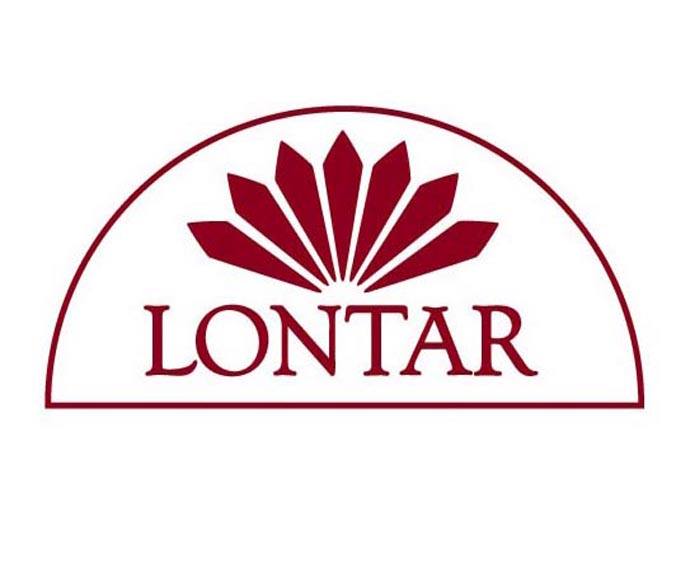First-time visitors to Indonesia, who take the trouble to study Indonesian at language centers in Yogyakarta and elsewhere, often find themselves befuddled when they get the chance to test their newly-acquired language skills. To their dismay, what they have learned in language classes, that being to speak an Indonesian that is both baik dan benar (proper and correct), does not always prepare them for bahasa gaul—conversational Indonesian or slang, whose use is exceedingly pervasive, not just among the country’s youth who treat language like a baker treats dough, something to be played with and reshaped, but by almost native speakers in familiar and informal situations. (This does not apply, of course, at official occasions or in report- writing.) Even older Indonesians occasionally find themselves at a loss when trying to follow conversations among younger people.
As with other languages, in Indonesian, too, slang and colloquialisms change and evolve from one generation to another—as I myself am still finding out when young people refer to their mothers as nyokap (instead of “ibu”) and their fathers as bokap (instead of “bapak”). Growing up as I did in the sixties and seventies, the slang that I spoke is not only incompatible with the slang being used today; it seems that many of the words that I once used are now extinct. (That said, two words that have withstood the test of time are cewe for “girl” and and cowo for “boy” as well as the oft-heard ge-er, which is short for gede rasa (self-flattery).
Speaking of abbreviations, numerous Indonesian slang words are just that: short forms of phrases such as ember (from “memang benar”, or “actually true”). Thus, unless one understands the context in which such terms are being used, it will be difficult to even guess their meaning. Further exacerbating the use of slang today is social-media and the internet which almost demand a down-sizing in the length of messages—hence the creation of more and more abbreviations.
Some of the words that I am still trying to get used to using in current everyday conversation include lebay (lame excuse), baper (oversensitive) and mager (from “malas gerak” or lethargic). All this said, this should not discourage Indonesian language students because, in addition to the National Language Center’s huge Indonesian language dictionary they also have available to them the Kamus Bahasa Gaul, a dictionary of Indonesian slang which is updated annually.
Even communities and groupings have their own ‘language’ like the ‘gayspeak’ found in Not a Virgin by Nuril Basri, a book published and translated by Lontar.
And since this is a fund-raising season, we hope you will buy our books and donate our cause to promote Indonesian literature.
Yuli Ismartono
yismartono@lontar.org
